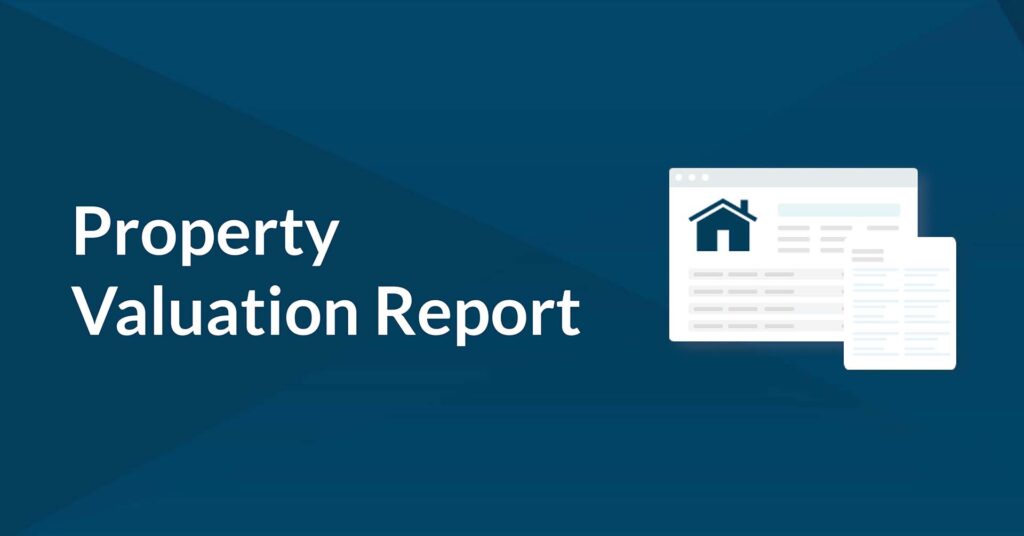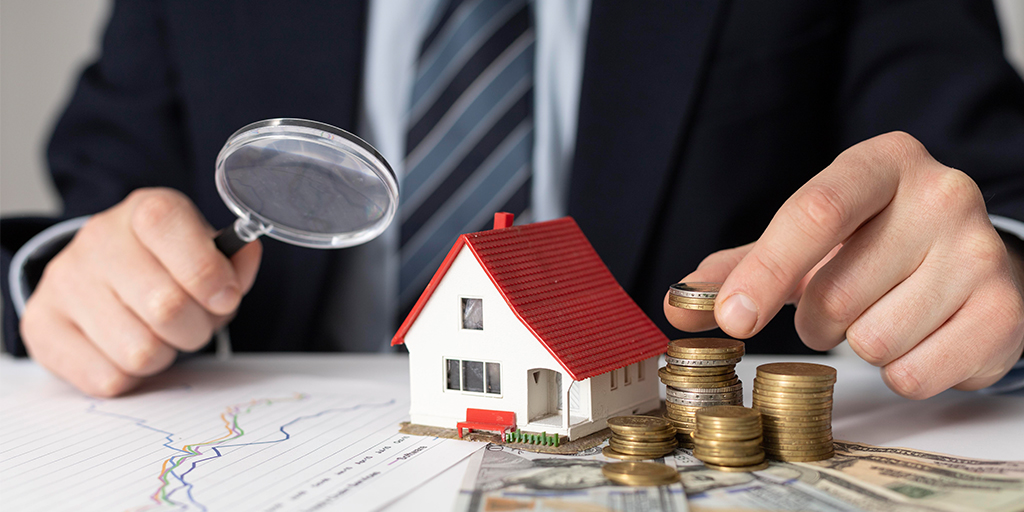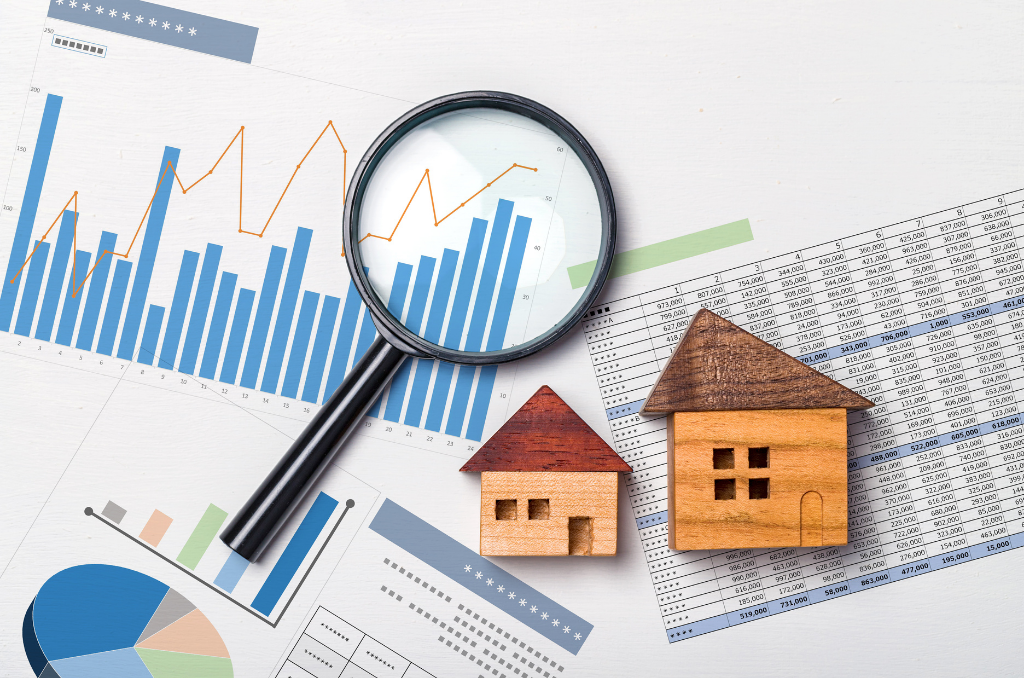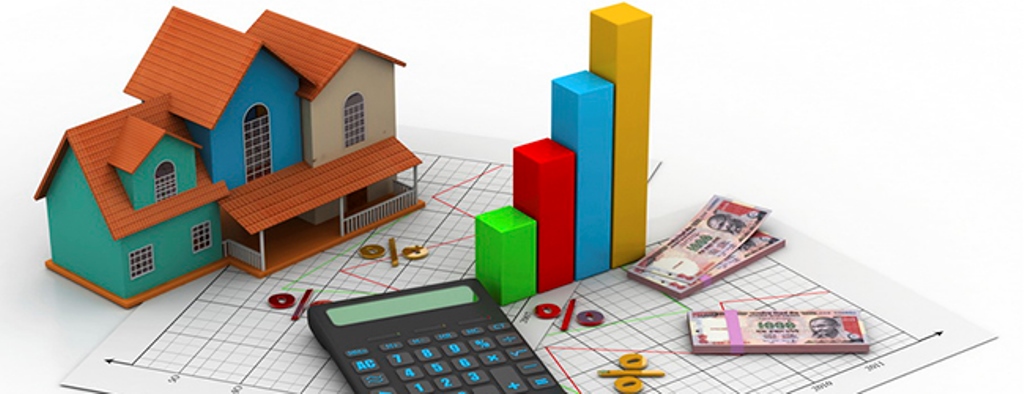
If you are considering buying a property, getting a good deal of it is necessary. In Australia, getting a property valuation report can help you with that. These reports allow you to choose the right property by giving important insights.
Understanding any Australia property valuation report can help you assess investment opportunities and ensure a fair deal. Here, we describe some key aspects of the property valuation concept and address some of its common questions.
What Is The Property Valuation Report?
A property valuation report is a detailed assessment of a property to estimate its fair market value. The report helps you estimate the actual worth of your property, considering its condition, size, location, comparable sales, and other factors.
The valuation report gives you an understanding of the actual value of your property without any bias. This also allows you to get a mortgage, calculate taxes, and consider investments.
Types Of Property Valuation Reports

When buying, selling, or refinancing a house in Australia, knowing about property valuation reports is extremely important. In Australia, property valuation reports are made on different aspects:
Sure, here’s a more detailed explanation of each type of property valuation report:
Market Valuation
Market valuation gives an overview of a property’s current market rate. This valuation considers similar properties that have recently sold in the area, the condition of the property, and so on.
This allows sellers to list a perfect rate for the property while helping buyers choose the right one for them.
Bank Valuation
When you apply for a mortgage to buy a property, the bank wants to ensure the property is worth what you’re paying. They’ll arrange for a valuation to be done to confirm its value.
This valuation figures out how much your property could sell for. Banks like to be sure their investment is safe, so they usually estimate the property’s value on the lower side.
The bank valuation report helps the bank decide how much money to lend you based on the property’s value. It’s an important step in the mortgage approval process.
Insurance Valuation
The insurance valuation report tells you the amount you will pay to rebuild or replace your property if it is damaged or destroyed. This report considers the cost of materials, labour, and any additional expenses.
Tax Valuations
Tax valuations are assessments the government uses to calculate property taxes you owe. They’re based on the market value of your property.
If you’re selling a property and might need to pay capital gains tax, you’ll need to give HMRC (tax authority) a correct valuation report for your property.
Online Valuation
Some websites offer online valuation tools that estimate your property’s value based on recent sales data or other trends. However, these tools are not as accurate as a professional valuation.
Key Components Of A Property Valuation Report

There are some key factors that are considered when making a report on property valuation in Australia. Some of these are:
Property Details
The report must contain details about the property, including its location, size, old features, etc. For example, if it’s a house, the report might say it’s in a quiet neighborhood with three bedrooms and a big backyard.
Valuation Methodology
The property valuation methodology section explains the calculation used to estimate property valuation. There are different approaches, such as the sales comparison approach, income approach, cost approach, and so on.
Based on the type of property—residential or commercial—methodologies might differ due to different key features.
Comparable Sales

The comparable sales of similar properties in a specific area give an idea of the values to estimate an amount for their property. With this information, setting the right price based on market trends becomes easier.
Market Trends
The market trends look for properties’ worth in the current market by observing demand. This helps the valuer understand how the market is influencing property values.
Assessment
In this section, the valuer gives their final and professional opinion on the property’s market value. They consider all the information they’ve gathered, such as the property details, comparable sales, market trends, and the valuation methodology they use.
Owner’s Details
The owner’s details section of a property valuation report includes information about the valued property’s current owner(s). This includes their names, ownership status, date of ownership, property title and associated data.
Supporting documents
The valuation report should include extra documents to support the information. These could include pictures of the property, maps showing its location, and data about the market used to determine the property’s value. These documents help make the valuation more accurate and reliable.
Factors Influencing Property Valuation

There are some factors that influence the property valuation:
Location
The location of a property plays a crucial role in its value. Properties near essential amenities and transportation hubs like airports and highways are more valuable due to their convenience and accessibility.
Cap Rate
The cap rate shows how much return an investor could get if they buy a property outright with cash. Lower cap rates mean less risk and higher prices.
Market Dynamics
Market forces such as supply and demand, economic trends, and interest rates can significantly impact commercial property values. A strong market with high demand tends to drive up property values.
Market Demand
The need for commercial spaces varies based on economic growth and industry trends. Areas with thriving businesses often see higher property values.
Lease Terms
The terms and length of lease agreements affect property value. Long-term leases with reliable tenants provide stability and increase property value.
How To Find Out The Market Value Of My Property?

There are mainly two ways through which the market value of a property can be calculated:
Summation Method
This method values both the land and the property. It considers factors like land size, location, and local facilities. If there are any improvements on the land, like buildings or houses, those are also included in the valuation.
Direct Comparison Method
Through this method, your property is compared to similar ones in the area. The valuer looks at the property’s condition, size, layout, and potential for renovation. It also considers factors like location, amenities nearby, and any unique features your property might have.
What Are The 5 Methods Of Valuation?

The Australia property valuation report contains a valuation methodology to assess a property’s worth.
Comparison Method
This is the most common way to value houses, shops, and offices. Valuers look at recent sales or rentals of similar properties in the area to figure out the value.
Profits Method
This method is used when comparable properties are not available in the market. It calculates the property’s value based on the profits it could make where the expense is deducted.
Residual Method
This method values properties with development potential or vacant land. It subtracts the development costs and profit from the future value of the property.
Investment Method
This method is commonly used for commercial properties. It calculates the value based on the property’s potential income and returns on investment.
Contractor’s Method
If there are no similar properties or transactions, this method calculates the cost of building a similar property from scratch, adjusted for age. However, this method is not generally recommended for valuation purposes.
How Much Does A Property Valuation Cost In Australia?
Property valuation costs in Australia can vary depending on several factors, such as market trends, comparable sales, the location of the property, and so on. Generally, around $300-$600 is required to get a proper valuation report that includes all important information.
In some cases, real estate agents will give a valuation for free as a part of their service. It’s part of what they do and allows them to show you what they can do for you.
How Long Does It Take To Receive A Property Valuation Report?
Generally, it takes around 2 working days (48 hours)for the lender to get the report. But if there’s a queue, processing the report might take another whole working week.
A property valuer can help you make the property valuation report. They will examine your property’s layout, condition, and special features to give you an accurate valuation.
What Is a Property Valuation Report For Visa?
When immigration authorities ask for a property valuation for visas, they want to know how much a property is worth. The purpose of the valuation report is to demonstrate the value of the property owned by the visa applicant, which may be used as collateral or as evidence of financial stability.
Licensed property appraisers or valuers do this job. They know about the local real estate market and can assess the property’s value accurately. They prepare a report including details such as the property’s location, size, condition, and estimated market value.
Bottom Line
Australia property valuation report can be the one-stop solution for buying a worthwhile property for any Australian. The property valuation report allows investors and buyers to estimate the actual value of their desired property and assess their different options.
Once you know the process, factors, and types of valuation reports, you can feel more sure when dealing with different agents and their valuations.
You should consult with an experienced real estate property professional if you are interested in buying a property.
